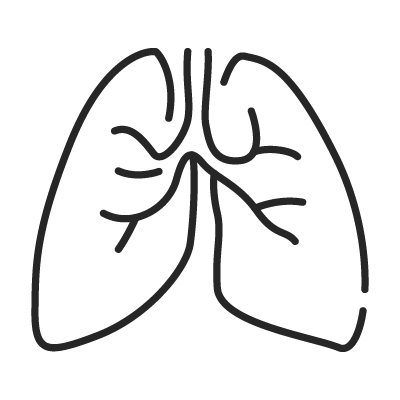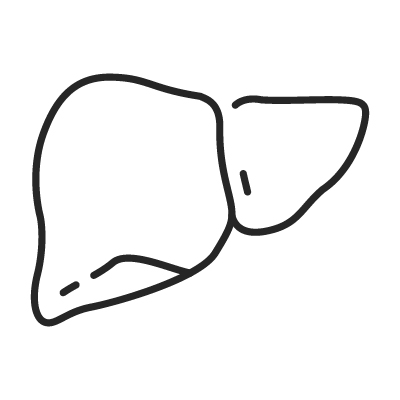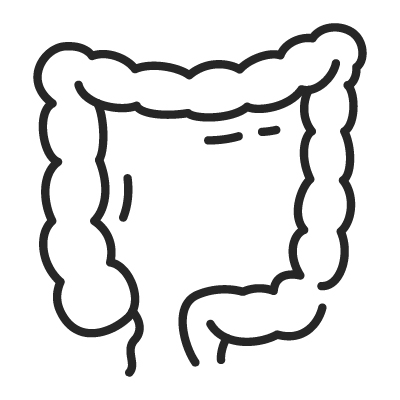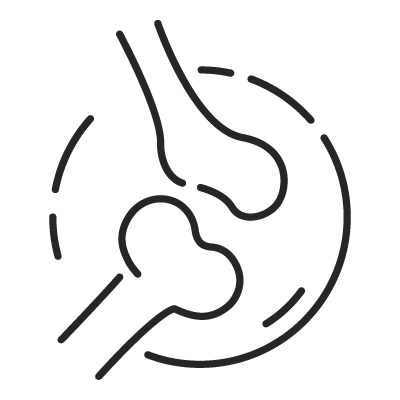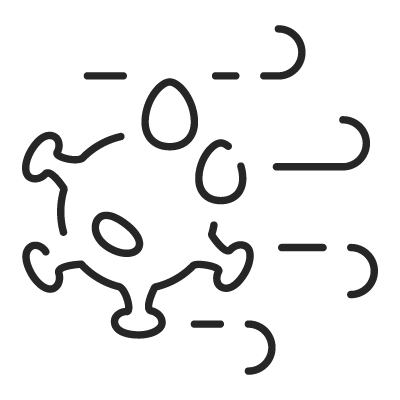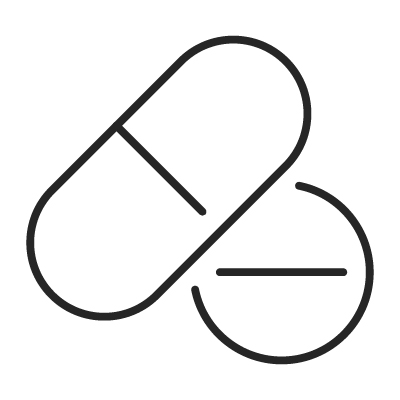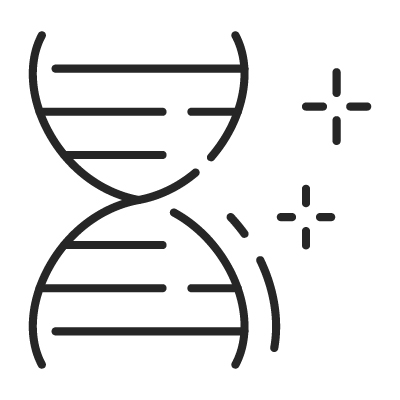Canine parvovirus antigen (CPV Ag)
| Catalog No. | FSCPVAGF |
|---|---|
| Specimen | Feces |
| Dimensions | Height: 80mm, Length: 300mm |
Product Description
- INTENDED USE
The CPV Ag Rapid Test is a fluorescence-based immunoassay designed for the qualitative detection of Canine Parvovirus (CPV) antigen in canine feces or vomitus. This rapid diagnostic tool assists veterinarians in:
- Early and accurate diagnosis of acute CPV infection (especially in puppies and unvaccinated dogs)
- Differentiating parvovirus enteritis from other causes of hemorrhagic gastroenteritis
- Monitoring disease progression and therapeutic efficacy during treatment
- Supporting timely isolation decisions to prevent outbreaks in kennels or shelters
Note: For veterinary use only. Results should be interpreted in conjunction with clinical signs and vaccination history.
- TEST PRINCIPLE
The test utilizes a sandwich fluorescence immunoassay format with the following mechanism:
- Sample Application: The diluted fecal sample migrates via capillary action along the test strip.
- Antigen Capture: CPV antigens bind to anti-CPV monoclonal antibodies conjugated with fluorescent nanoparticles.
- Complex Formation: The antigen-antibody complex is captured by immobilized anti-CPV antibodies at the test line.
- Signal Generation: Accumulation of fluorescent nanoparticles produces a measurable signal when excited by the reader.
- Result Interpretation: The portable fluorescence analyzer provides:
- Qualitative result (Positive/Negative) within 5-8 minutes
- Semi-quantitative index (fluorescence intensity ratio) indicating viral load
Key Performance Characteristics:
- High Sensitivity: Detects CPV-2 variants (2a, 2b, 2c) with ≥98% agreement to PCR
- Minimal Hook Effect: Accurate detection even at high antigen concentrations (up to 10⁶ TCID₅₀/mL)
- Reduced Interference: Fluorescence technology minimizes false positives from bloody/hemolyzed samples
For optimal results:
- Use fresh fecal samples (<24h old) or properly stored at 2-8°C
- Follow recommended dilution protocols for formed/vomitus samples
- Confirm negative results in clinically suspicious cases with PCR testing



